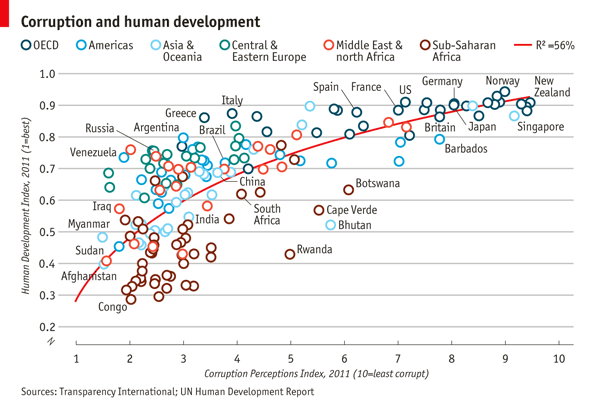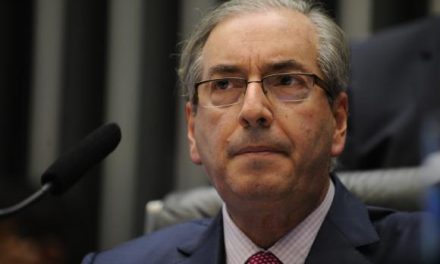There are protests around the world against corruption and demonstrators demand greater accountability of their governments and leaders. In a world economy affected by crisis, there is increasing concern that corruption is on the rise. Public concern and anger over corruption has led to riots and has contributed to the overthrow of regimes. Yet, very little is known about the specifics of corruption around the world.
It is difficult to measure corruption because of the nature of the crime – for example, in the case of government corruption, the victim (the public) has no indication of a crime being committed and rarely finds out. The parties involved in the corruption almost always have the power and influence to hide their activities. However, sociologists and investigators have tried various methods to estimate the level of corruption in society.
Transparency International, a Germany-based NGO that monitors corruption, publishes The Corruption Perceptions Index annually, which shows the perceived level of corruption in the public sector. It should be noted that this measures perceived levels of corruption and not actual incidents of corruption. This serves as a useful measure to compare the levels of corruption in different countries as perceived by respondents to the survey. It also serves as a means of comparing if perceived corruption is improving or worsening year by year in any given country.
The annual results are remarkably consistent at both the top and bottom ends of the perception scale. At the top end (least corrupt) in 2011 are New Zealand, Denmark, Finland, Sweden and Singapore and on the bottom end (most corrupt) are Uzbekhistan, Afghanistan, Myanmar, North Korea and Somalia. This correlates well with the per capita GDP of these countries. It is tempting to suggest that corruption is better controlled in countries that are wealthy. However, the situation is not so simple when one looks, for example,
at the wealthy Middle Eastern countries who don’t fare so well on the Index. Corruption, by its nature, remains complex and extremely difficult to investigate.















